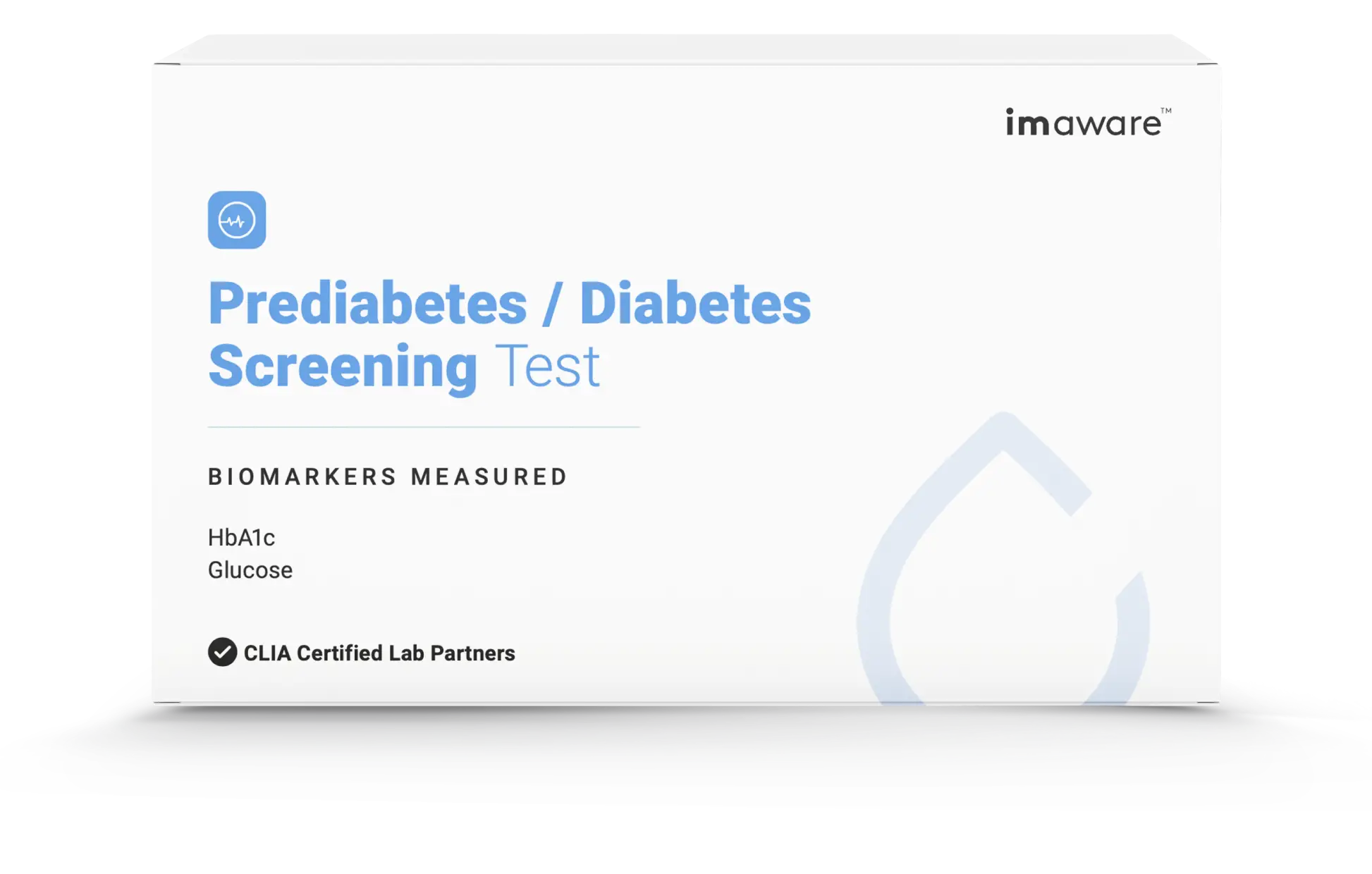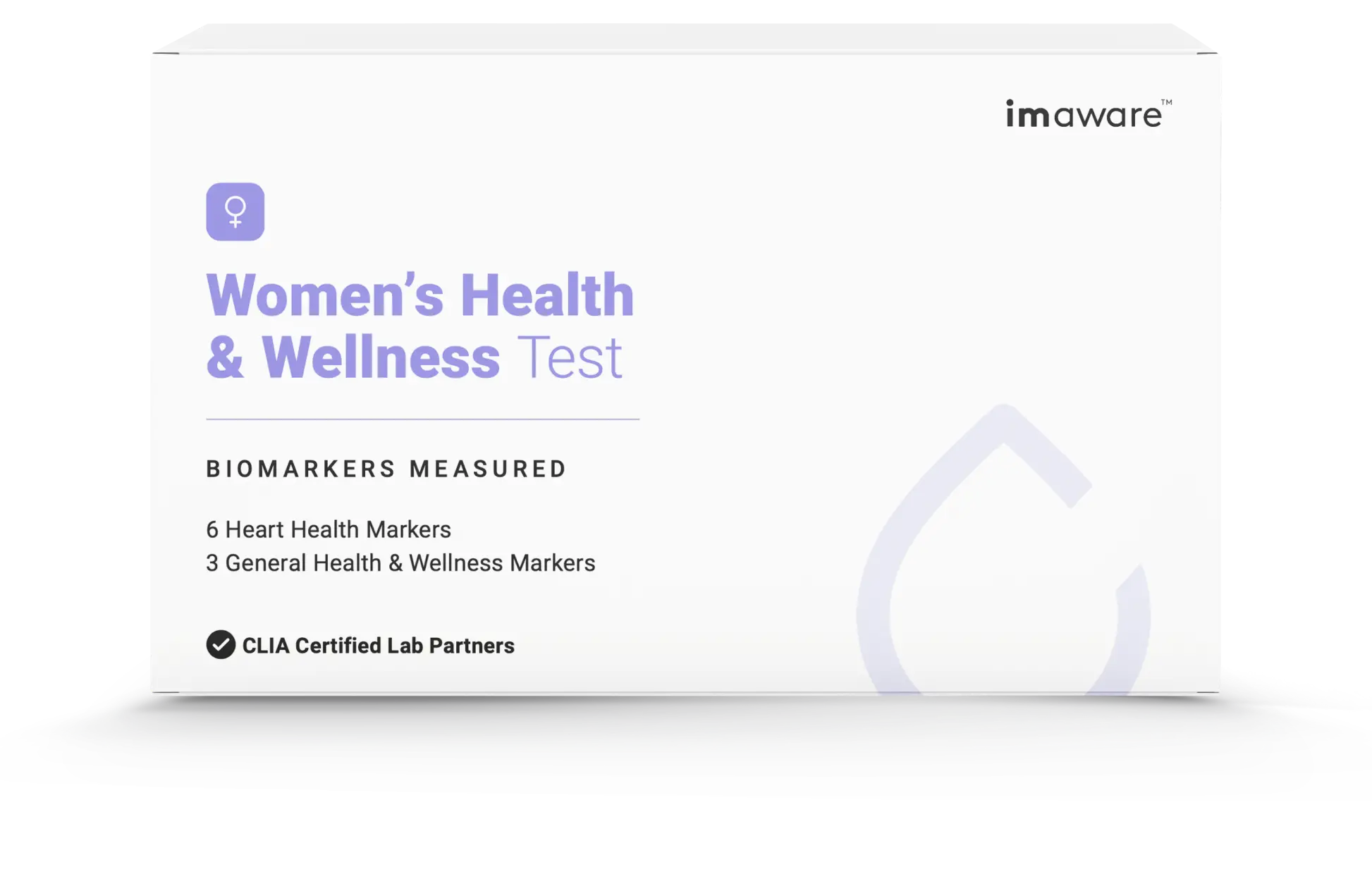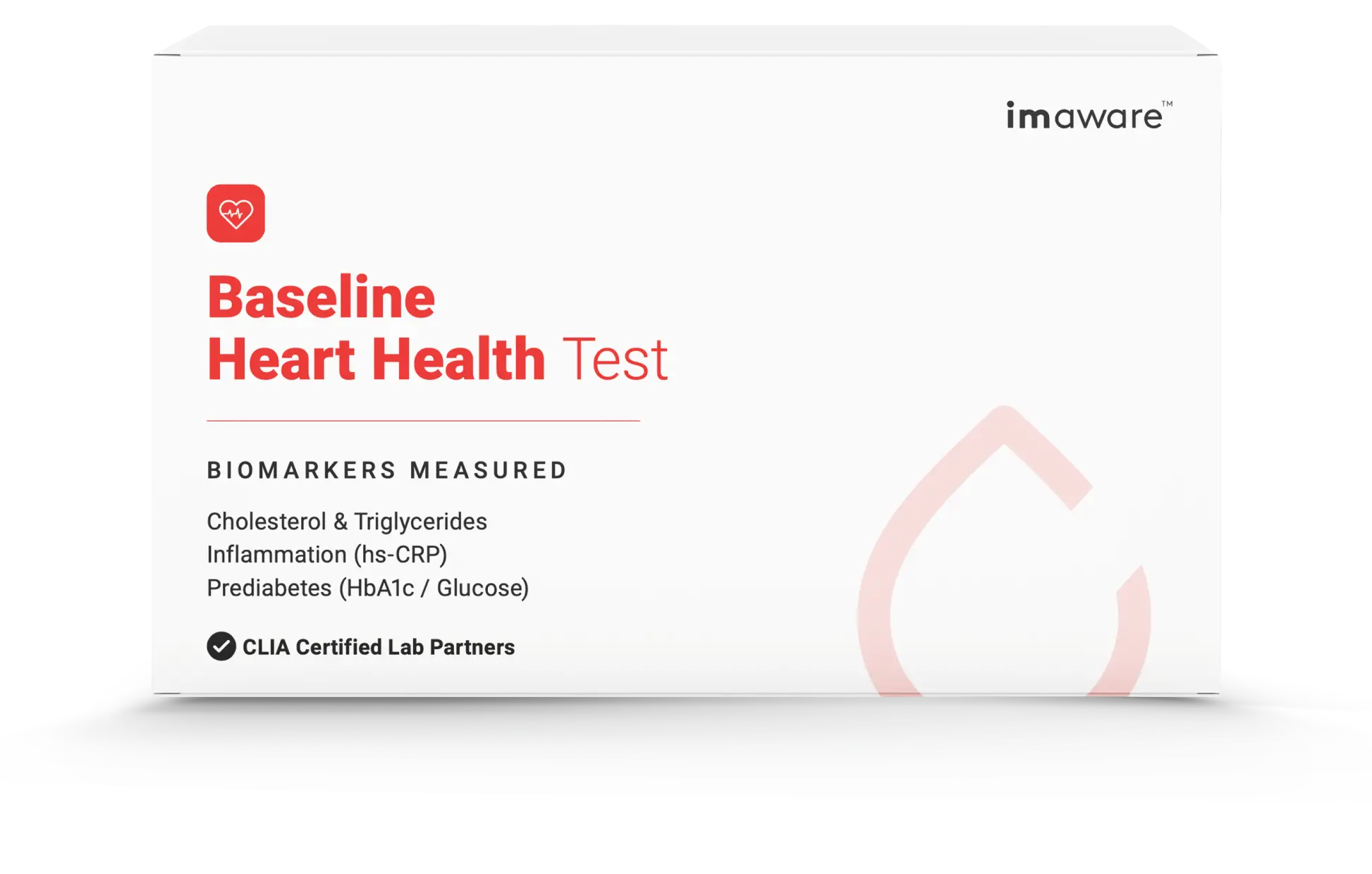What is Estimated Average Glucose (EAG)?
EAG is a measurement of your blood sugar over time and helps diabetics understand how well you are managing your blood sugar. It is based on your HbA1c results. While your glucose meter measures your blood sugar at the time of testing, EAG is the average of your blood glucose for the previous 2–3 months. This gives you and your healthcare professional an idea of how well your treatment plant is working to control your blood sugar.
While HbA1c is reported as a percentage, EAG is reported in mg/dL, just like your home-based glucose monitor. This makes it easy to compare results and follow your progress. Just keep in mind that EAG is not the same average that you get from your daily glucose meter readings¹. Diabetics tend to measure blood sugar more often when it is low—upon waking and before eating—whereas EAG is an average of your glucose over the entire day.
See HbA1c for more.
Why should I measure my estimated average glucose?
Measuring EAG helps you understand how well you are managing your blood sugar over an extended period of time and can help you confirm your self-test readings. With this information, you can work with your healthcare professional to make decisions about your diet, lifestyle, and medications to help you control your blood sugar levels better.
When should I measure my estimated average glucose?
EAG should be measured to help monitor the progress of your diabetes treatment and to confirm your at-home glucose meter readings. Also, for diabetics, the American Diabetes Association recommends testing your HbA1c at least twice a year to monitor the progress of your treatment².
What is a normal estimated average glucose level?
The imaware medical advisory board recognizes the normal range of EAG as 70–117 mg/dL.
What does a high estimated average glucose level mean?
A higher than normal EAG indicates that your blood sugar is not being controlled sufficiently. Knowing this will allow your healthcare professional to alter your treatment plan and suggest lifestyle changes to reduce your risk of complications due to diabetes.
How can I improve my estimated average glucose level?
With this information, your healthcare professional can help you make informed decisions about your diet, lifestyle, and medications to help you control your blood sugar level better. This can include regular exercise, a balanced diet with fewer carbs, and getting adequate sleep. Your healthcare professional might also prescribe medications to help regulate your blood glucose level, such as Metformin.

References
- American Diabetes Association. Diabetes Overview: A1C and eAG. Available from: https://www.diabetes.org/diabetes/a1c-test-meaning/a1c-and-eag
- American Diabetes Association. Understanding A1C. 6 July 2021. https://www.diabetes.org/a1c



